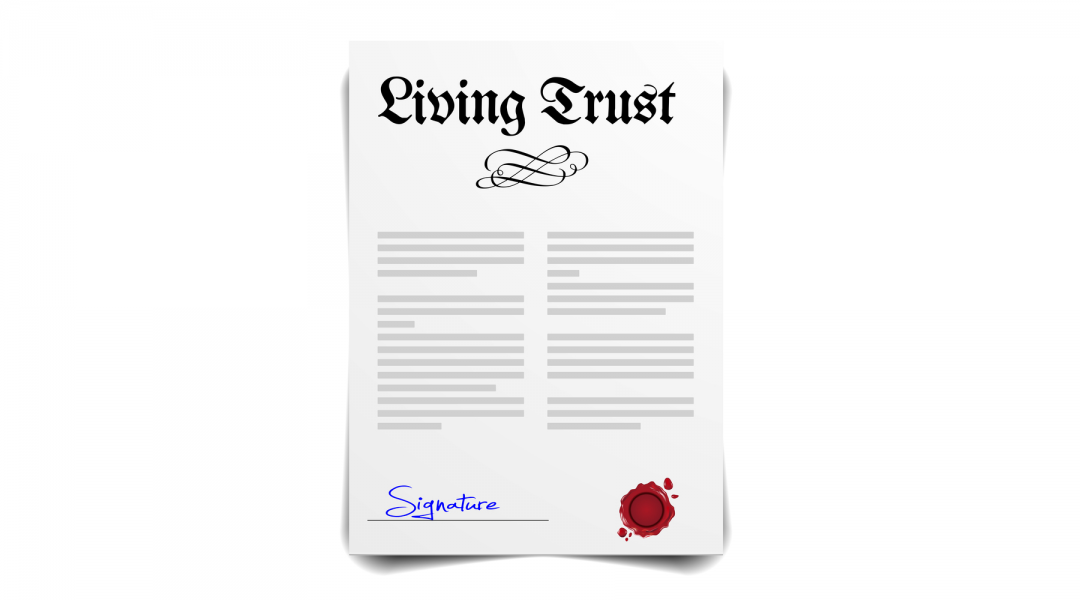If you want to assure the safety of your assets after your death and want your survivors to get a financial support system it, you must have a written legal document which mentions the directions to distributing your assets post-mortem. Which is where the fundamental question arises: What should you go with? A will, or a living trust? Most of the American population (around 80%) have wills, and a much smaller percentage have living trusts.
Often called as a “revocable” or an “inter vivos” trust, a living trust is a legal document which allows you to place your assets in a “trust.” This trust will first offer you benefits while you are alive and will be transferred to your designated beneficiaries after your death. The transfer itself will be done by a “successor trustee,” who will be a representative of your choosing.
A will, on the other hand, is a legal document that has the directions on how your wealth must be distributed after your demise. The process itself is carried out by an “executor” (who will be named in the will), who will be able to carry out his or her duties only after you die.
Who should you join? The 80% or the much lesser 20%? Here are three compelling reasons why you should opt for a living trust:
You won’t need Probate
This is arguably the best advantage of having a living trust. Having a valid will for your estate will subject it to go through probate i.e. a series of court proceedings whose purpose will be to distribute your assets according to your directions by the executor. A living trust, however, does not have any such requirement, and therefore can allow you to distribute your assets to your heirs much faster – weeks as opposed to months (or even years) in case of a will. The successor trustee will be responsible for paying your debts and distributing your assets according to your wishes.
A living trust may help save money
While this is true for the most part, how much you will save depends on your particular financial situation. Initially, drafting a living trust will cost more than a will, since the former is a more complex document. Further expense will be required in transferring your assets (like certificates, stocks, bank accounts, and bond accounts) to the trust, which will be done through separate paperwork – creating and funding a trust requires more than simply “writing it up.” The living trust, however, will save money during the time of its execution (especially after your death), as there will be no need for it to go through probate (which is a costly procedure that is carried out in case of wills).
A living trust offers privacy
If you prioritize privacy in matters of your estate and assets, this can be a crucial factor. While a will is (by law) a public record and has all of its transactions made public as well, a living trust is private, and has your estate distributed in private upon your death. A living trust also includes your out-of-state property (if you have any), and avoids it going through probate.
